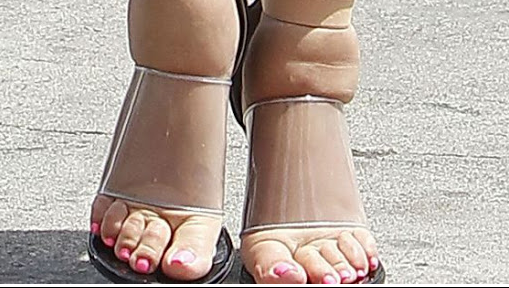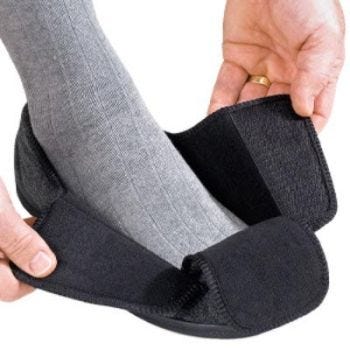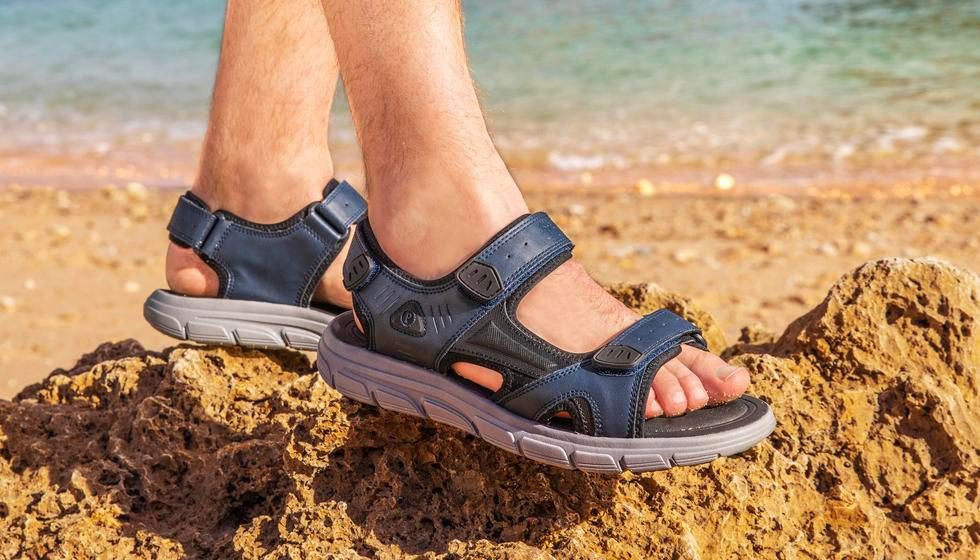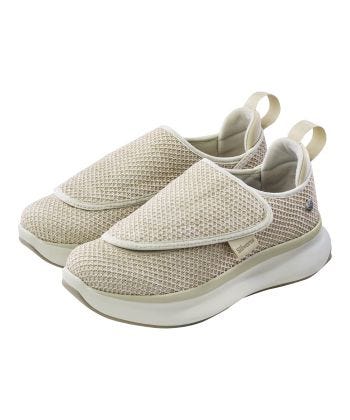Living with swollen feet can be a challenge, affecting your everyday activities and making it hard to find shoes that fit comfortably. Whether it’s due to a medical condition, pregnancy, or simply a long day on your feet, having the right pair of shoes is essential. In this article, we will explore various options for shoes tailored for people with swollen feet, including tips on features to look for, product highlights, real-world experiences, and answers to frequently asked questions. Let’s dive in!
Understanding Swollen Feet
Before delving into the types of shoes best suited for swollen feet, it’s important to understand what causes swelling. Edema is a medical term for swelling due to fluid retention, and it can occur for various reasons, including:
- Pregnancy
- Prolonged standing
- Certain medications
- Medical conditions like heart disease or diabetes
When looking for shoes, it’s essential to choose footwear that accommodates this swelling without compromising style or comfort. The right pair can make a world of difference in your mobility and overall mood.

Choosing the Right Features
When shopping for shoes to accommodate swollen feet, consider these important features:

1. Adjustable Straps
Look for shoes with adjustable straps or laces. They allow for easy width adjustment, making it simple to loosen or tighten as needed throughout the day. Brands like Orthofeet offer excellent options.
2. Breathable Materials
Choose shoes made from breathable materials like mesh or soft leather. These fabrics help promote airflow, reducing perspiration, and discomfort.

3. Cushioned Insoles
Opt for shoes that feature cushioned insoles for added comfort. Memory foam or gel insoles can provide excellent support and reduce pain associated with pressure points.
4. Wide Toe Box
A wide toe box is crucial for those with swollen feet. A cramped toe box can exacerbate discomfort, so look for styles that offer ample space for your toes to wiggle.

Top Shoes for Swollen Feet
Here’s a roundup of some of the best shoes available for individuals dealing with swollen feet. These selections balance comfort, support, and style.

1. Skechers Arch Fit
| Feature | Description |
|---|---|
| Fit | Wide toe box and adjustable laces |
| Cushioning | Memory foam insole |
| Breathability | Mesh upper for airflow |

The Skechers Arch Fit is a fan favorite, thanks to its supportive design and comfortable fit. The memory foam insole provides excellent cushioning, perfect for swollen feet.
2. New Balance 928v3

| Feature | Description |
|---|---|
| Fit | Available in multiple widths |
| Cushioning | ABZORB midsole technology |
| Support | Rollbar for stability |
The New Balance 928v3 offers exceptional support and a roomy fit, ideal for people with swollen feet. The ABZORB midsole absorbs impact, while the ROLLBAR technology provides stability.

3. Orthofeet Sneakers
| Feature | Description |
|---|---|
| Fit | Adjustable design |
| Cushioning | Orthotic insoles included |
| Support | Ergonomic soles |
Orthofeet Sneakers are designed specifically for foot conditions. They are adjustable and come with orthotic insoles, making them perfect for those with swollen feet.
Case Studies: Real-World Experiences
Understanding how real people fare with specific footwear can provide insight into which shoes may work best for you. Here are a few success stories:
Case Study 1: Maria’s Journey with Swollen Feet
Maria, a 38-year-old teacher, experienced swelling due to standing for long hours. She struggled to find comfortable shoes until she discovered the New Balance 928v3. “I love these shoes! They offer support, and my feet don’t ache anymore after a long day. I highly recommend them,” she stated.
Case Study 2: John’s Experience Post-Surgery
After foot surgery, John found it challenging to wear traditional shoes. He chose the Skechers Arch Fit, and the experience was transformative. “The cushioning makes it feel like I’m walking on clouds; it’s incredible!” he shared.
Tips for Finding the Right Shoes for Swollen Feet
Here are some practical tips to help you find the perfect pair of shoes:
1. Measure Your Feet Regularly
Feet can change size over time due to weight fluctuations or medical conditions. Measure your feet often to ensure you’re wearing the correct size.
2. Consider Compression Socks
Wearing compression socks can help reduce swelling and improve blood circulation, making your shoes feel more comfortable.
3. Shop Later in the Day
Feet tend to swell throughout the day. Shopping in the evening can help you find a better fit since you’ll be trying on shoes when your feet are at their largest.
4. Don’t Compromise on Comfort
While aesthetics are important, never choose style over comfort. Your footwear should prioritize your foot health.
Pros and Cons of Shoes for Swollen Feet
| Pros | Cons |
|——|——|
| Comfortable and supportive designs | May be less stylish than other options |
| Wide variety of types available | Higher price point for specialized shoes |
| Help alleviate pain and discomfort | Limited options in certain locations |
Frequently Asked Questions
1. What causes feet to swell?
Feet can swell due to various reasons including prolonged standing, certain medical conditions, and fluid retention. It’s essential to consult a healthcare professional for chronic swelling.
2. How do I know if a shoe fits properly?
A proper fit allows for half an inch of space between your longest toe and the front of the shoe, with enough room to wiggle your toes comfortably.
3. Are there specific brands known for accommodating swollen feet?
Yes, brands like Orthofeet, New Balance, and Skechers are known for designing shoes that cater to people with foot discomfort.
4. Can wearing the wrong shoes cause swelling?
Wearing shoes that are too tight can restrict blood flow, leading to swelling. Opt for shoes that are comfortable and provide adequate support.
5. What are the best materials for shoes for swollen feet?
Breathable materials such as mesh or soft leather are recommended. These materials help reduce friction and allow for air circulation.
6. How often should I replace my shoes?
It’s advisable to replace your shoes every 6-12 months or when they show signs of wear, especially if you’re dealing with foot conditions.
7. Can arch support help with swollen feet?
Yes, proper arch support can relieve pressure on your feet and help avoid further swelling. Look for shoes with built-in arch support or consider orthotic insoles.
8. Is it okay to wear sandals with swollen feet?
Yes, sandals with adjustable straps can be a good option if they provide enough support. Always prioritize comfort!
9. What should I do if my shoes still feel tight after purchasing them?
Consider wearing them for short periods to break them in gradually, or consult a professional for shoe stretching if necessary.
10. Can I use inserts in regular shoes?
Yes, custom insoles can enhance comfort and support in regular shoes, but be sure they fit properly to avoid additional discomfort.
11. Are there special stores for shoes designed for swollen feet?
Many specialized shoe stores and online retailers cater to individuals with specific foot needs, providing a wide range of options.
Final Thoughts
Finding shoes for swollen feet doesn’t have to be a daunting task. With the right information and understanding of your foot type, you can find stylish and comfortable options that provide the support you need. Remember to prioritize comfort and consult a healthcare professional if swelling persists. Happy sho shopping!
For a deeper dive into foot health, consider visiting the National Institutes of Health for research articles on foot conditions and treatments.